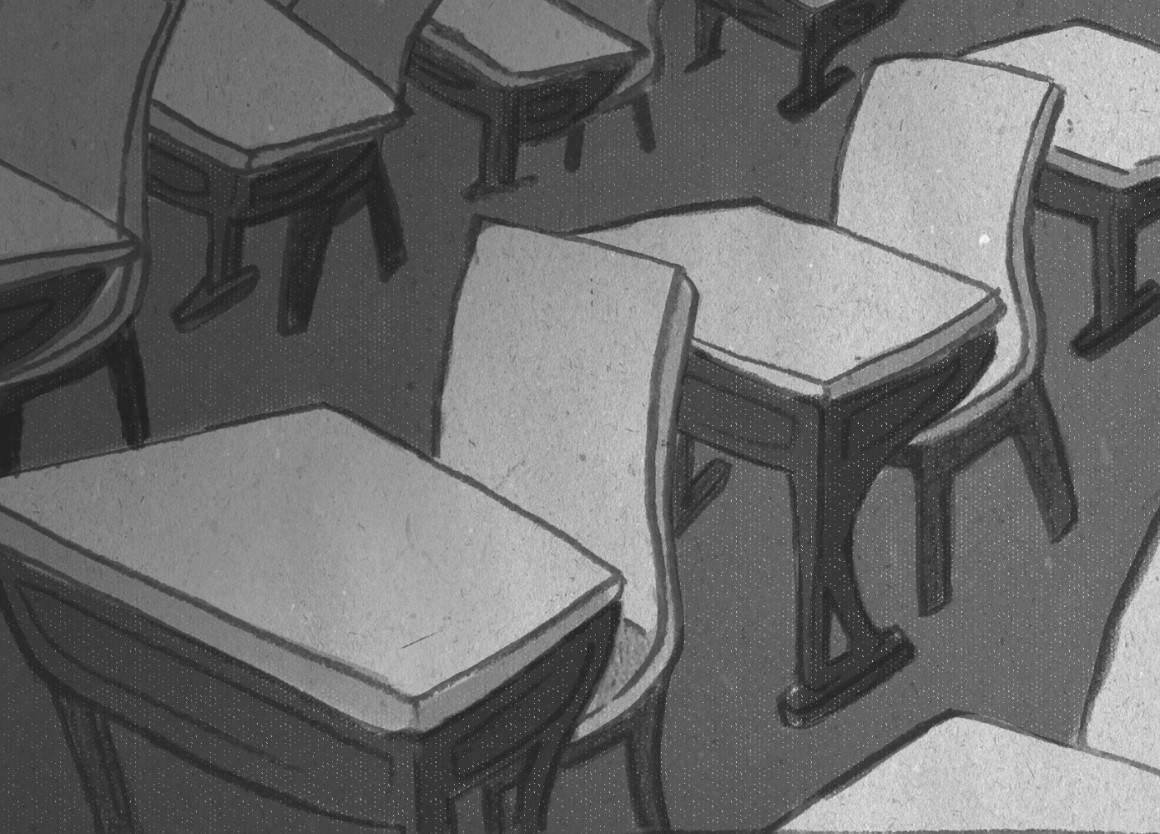
Reconciliation includes knowledge
The Truth and Reconciliation Commission’s (TRC) Report is a 382-page document that neatly summarizes the worst atrocities committed by the Canadian government.
Residential schools almost destroyed indigenous civilization in Canada. By outlawing important aboriginal social traditions and forcibly removing children from their families, Canada enacted a cultural genocide against the indigenous peoples that live here.
It is fitting, then, that the 94 recommendations from the TRC report envision a future for Canada where the contributions of aboriginal people are both celebrated and taken seriously.
Several of the report’s recommendations address the need for professional training in the specific challenges facing aboriginal people in Canada. Lawyers should be literate in indigenous law and aboriginal-Crown relations, doctors and nurses need better training in aboriginal health issues and journalists should study the history and legacy of aboriginal affairs.
Canada can’t reconcile with the aboriginal community until we have the knowledge to do so. This is where our universities come in.
The University of Calgary has an international indigenous studies program. It’s an interdisciplinary program with both a major and a minor that offers a handful of courses each semester. But unless you’re enrolled in it, you could graduate from the U of C and never hear a professor talk about aboriginal people. This is a problem.
Universities should challenge our preconceptions and introduce us to new ideas. Canada was built on the suffering of indigenous people. That fact is as uncomfortable as it is true, and it’s irresponsible to exclude it from our curriculum.
Taking an indigenous studies course would add value to our degrees. Aboriginal peoples are important stakeholders in prominent Albertan industries like energy and forestry. Knowledge on a prominent and often undervalued subset of Canadian society is a useful skill.
Earlier this year, the University of Winnipeg introduced a mandatory general education requirement that confronts this issue. Students will have to complete at least one indigenous studies course to graduate.
Like at the U of W, classes to fulfill this requirement could come from any department, provided the syllabus showed a focus on indigenous issues. This would incentivize all departments to create and teach courses focusing on aboriginal peoples in Canada.
Including an indigenous studies requirement in degrees at the U of C is an important step on the path to reconciliation. Asking students to spend a small part of their time studying indigenous issues shows that we believe aboriginal people are a part of our campus community, and that the knowledge they have to contribute is valuable.
Kate Jacobson, Gauntlet Editorial Board
